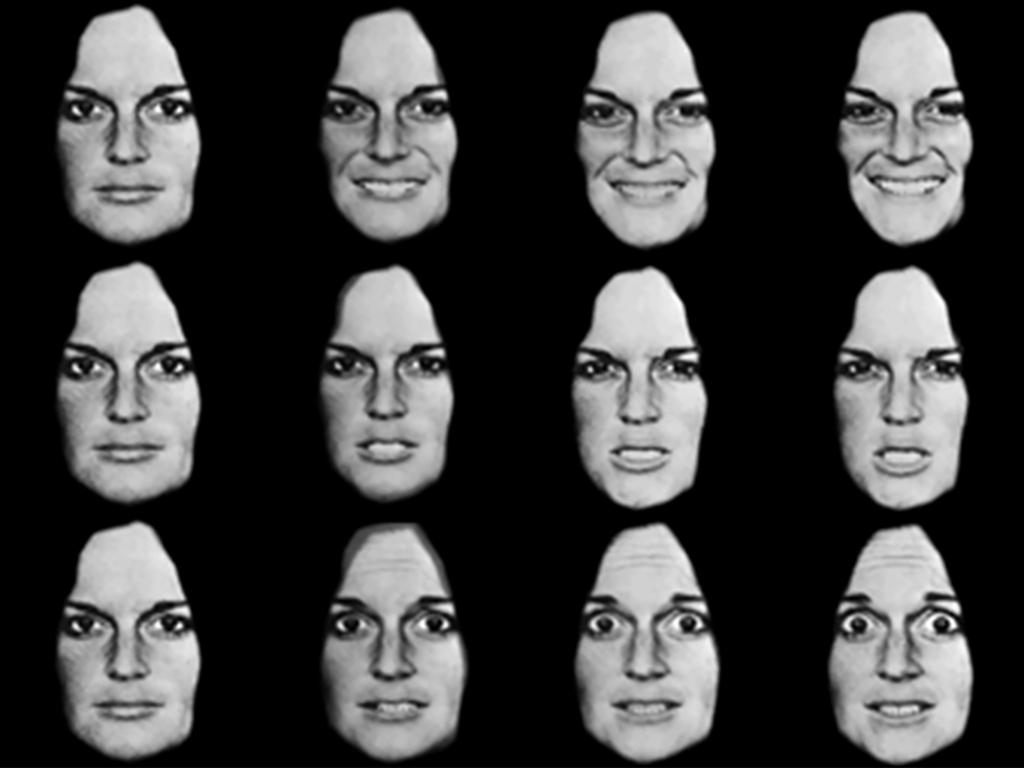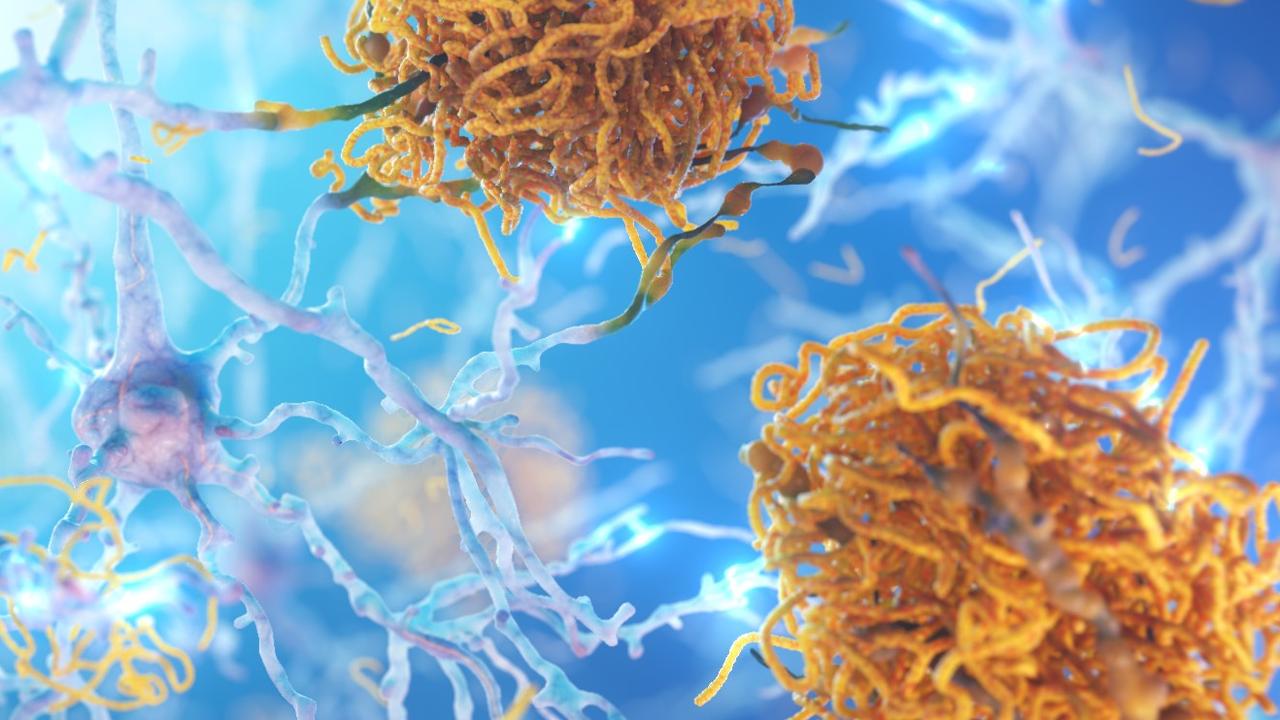There may be a psychological reason why you feel like people are always angry
DO YOU always feel like people around you are angry or upset? Well, there may be a psychological reason why you think people are mad even when they aren’t.
DO YOU constantly feel like the people around you are angry or upset? Do you find yourself wondering why you are surrounded by grumpy facial expressions all day?
If this sounds familiar then the good news is people probably aren’t actually mad at you, but there could be a psychological reason why you feel like they are.
A new study, published in the Journal of Social and Personal Relationships, has found a link between the ability to accurately recognise emotions and growing up with parents who fight a lot.
Maltreatment and neglect has previously been seen to inhibit a child’s ability to interpret facial expressions.
New research, headed by developmental psychologist at the University of Vermont Alice Schermerhorn, builds on these findings to see if a “less severe form of adversity” — like constantly arguing parents — has similar implications.

The study consisted of showing 99 children aged nine to 11, pictures of actors posing as a couple displaying a range of different facial expressions: anger, happiness and neutrality.
The children then had to categorise the emotion they thought the people were portraying.
The results showed that children from low-conflict homes consistently categorised the photos accurately, while the children from high-conflict homes were able to identify the angry and happy expressions but not the neutral ones.
Dr Schermerhorn said the reason for this could be that the children are constantly on the lookout for signs of conflict.
“If children’s threat perceptions lead them to be especially vigilant for signs of trouble, that could account for our findings showing special difficulty of children with elevated threat perceptions on neutral trials,” she said.
“Vigilance may lead to biases to interpret neutral expressions as angry.”
There were some limitations to the study that could affect the results. The children were shown unmoving images of the same, young, white actors, which doesn’t accurately represent the types of expressions they would see in the real world as they can’t see how different parts of the face are moving.
Although these effects are likely small, having the still images of the same couple could impact their choice when categorising the expressions.
Despite this, the results still seem to show that even low-level adversity during childhood can have an impact on a person’s development.




